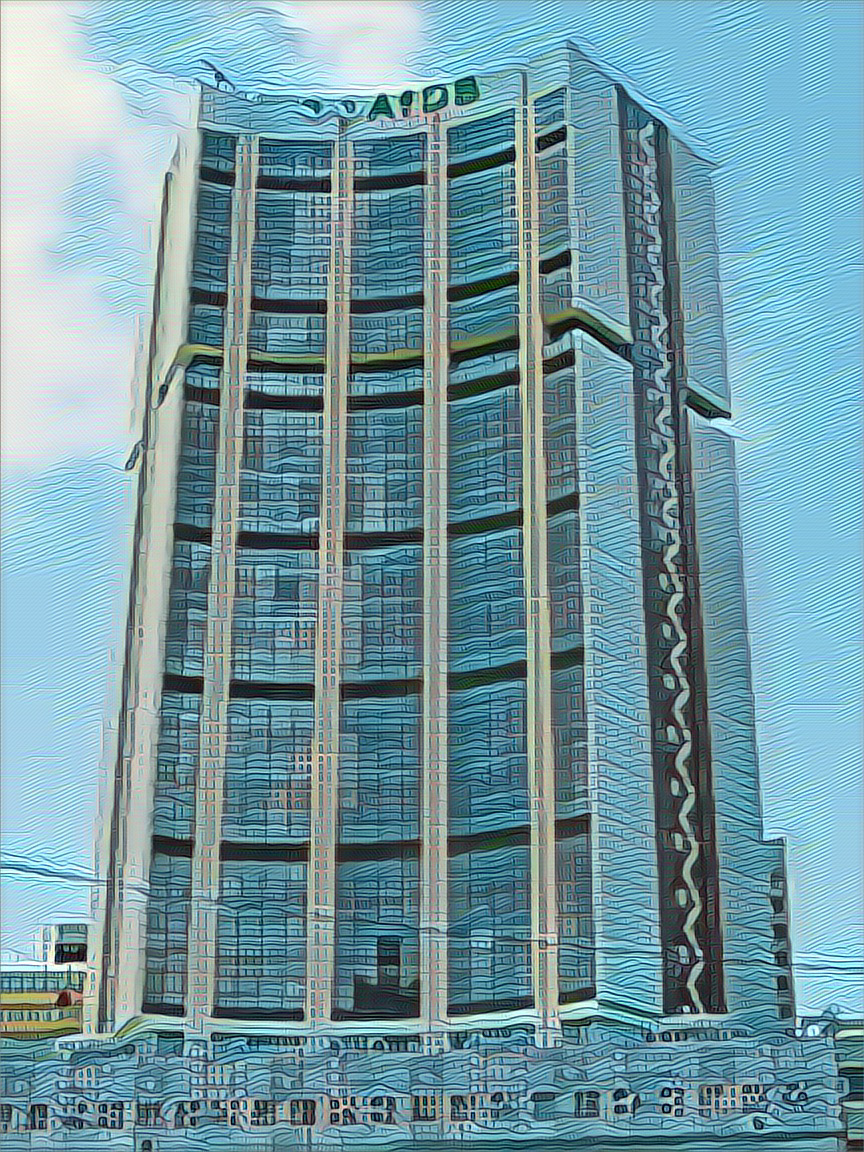The African Development Bank (AfDB) has launched a programme to transform the continent’s agriculture and food processing sector, which could create a $1 trillion market by 2030. The Special Agro-Industrial Processing Zones (SAPZs) programme aims to establish economic zones in rural areas that will provide infrastructure, services, and incentives for agribusinesses to locate near farmers and produce value-added products.
The SAPZs are expected to boost productivity, reduce food losses, create jobs, increase incomes, and improve food security and nutrition. They will also help Africa to reduce its dependence on food imports and increase its share of the global food market. According to the AfDB, Africa’s food systems are valued at $313 billion a year but could triple if the SAPZs are implemented.
The AfDB is working with governments and the private sector in 11 African countries to create SAPZs focusing on selected commodities, such as cashews, cotton, coffee, cocoa, cassava, fruits, and vegetables. The bank has provided financing of $853 million to support the establishment of SAPZs and has mobilised over $661 million from other development partners, such as the Islamic Development Bank, the International Fund for Agricultural Development, the European Union, and the Korean Export-Import Bank.
The SAPZs programme was launched during the Africa Investment Forum 2023 in Marrakech, Morocco, where it attracted interest from investors and stakeholders. Nigeria was the first country to launch the SAPZs programme, with a $520 million funding package for the first phase in eight states. The Nigerian government has endorsed the programme as a key strategy to end hunger and achieve food security.
The SAPZs programme is part of the AfDB’s Feed Africa strategy, which aims to eliminate extreme poverty, end hunger and malnutrition, make Africa a net food exporter, and move Africa to the top of global value chains. The bank has also launched a $1.5 billion African Emergency Food Production Facility to support 20 million farmers to access climate-resilient agricultural technologies and produce 38 million metric tons of food valued at $12 billion.
The AfDB’s president, Dr Akinwumi Adesina, said that the SAPZs offer the opportunity for Africa to turn its vast agricultural potential into real wealth and prosperity. He said that Africa must become a global player in food and agriculture, end the export of raw commodities, and start producing value-added products. He said that the SAPZs will create new income-earning opportunities for farmers and agribusinesses and contribute to the industrialisation and diversification of African economies.
Source: BusinessDay NG


